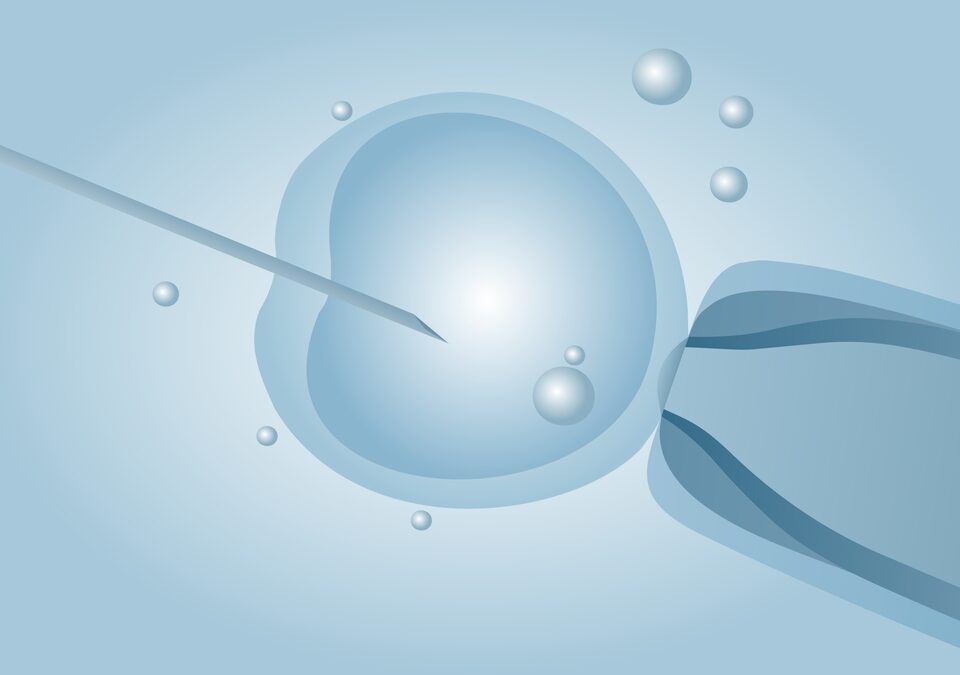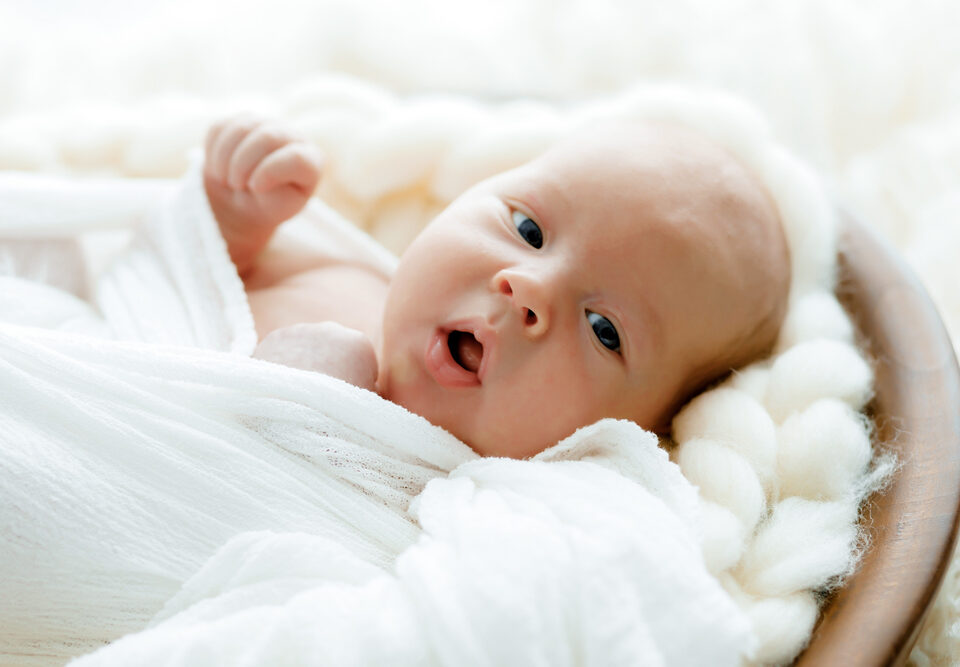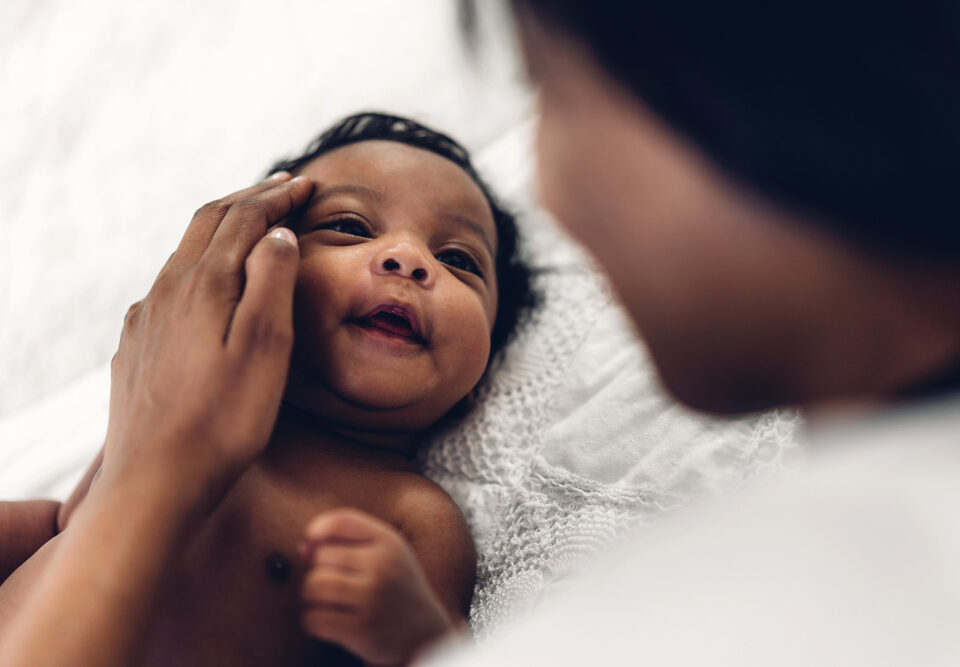Couple Stranded in Thailand Wins Custody Case
May 2, 2016Sperm Donation Protocol Questioned
May 12, 2016For those who have endured the emotional heartache of infertility or know a couple who has fought courageously, National Infertility Awareness Week (NIAW) is a time to take pause, reflect, and educate. This past week was invaluable because one out of eight American heterosexual couples experience infertility issues.
Internationally, the statistics are even more sobering.
While the topic of infertility was brought to the forefront this past week, so was the issue of empowering women to understand their own fertility. Dr. Allison Rodgers, a fertility specialist, wrote an engaging article about women in Chicago Now.
The premise: When should women learn about their fertility?
In her article, she highlighted how a close college friend, who has a successful career, told her that she intended to conceive her first child at 35 years of age and thought her eggs would still be of high enough quality and that all would turn out just fine. Fortunately for her, it did.
However, Dr. Rodgers struggled with her own infertility.
“I think as a society, we are very good about teaching girls when they are fertile, when they can get pregnant and how to avoid an unwanted pregnancy. Most of us spend most of our sexually active lives trying to avoid sperm and getting pregnant,” Dr. Rodgers wrote. She added, “This week is National Infertility Awareness Week, but I think the real focus should be on fertility awareness as well. Women of all childbearing ages can be empowered by learning about their personal fertility and decide their family planning choices accordingly.”
The Fertility Centers of Illinois surveyed 1,208 American women ranging from 25-45 who did not have children. Of those surveyed, 79% thought fertility should be a topic in sex education while 89% believed it should be discussed with their OB/GYN.
Dr. Rodgers did not see the relevancy in teaching young girls in school about their “fertility choices” and how fertility declines when a woman reaches her thirtysomething years. Also, routine doctor’s visits are so hurried these days that the opportunity to really chat with a doctor about fertility may not be so realistic.
Rather, Dr. Rodgers thought the ideal time for teaching women how to understand their own fertility would be after high school.
“Seems like college would be a great time, and I hope that with all the attention in the media to egg freezing, more and more young women are thinking about taking control of their fertility and understanding their options to protect their future,” she said. “It’s important to understand the menstrual cycle, when are your highest chances of getting pregnant, what warning signs to look for and when to seek help.”
The message Dr. Rodgers has delivered is exceptional.
National Infertility Awareness Week is important and critical to those struggling with their fertility, but keep in mind that those who struggle do so every week of the year. Let’s #StartAsking all year.
For more information please visit www.Resolve.org.



